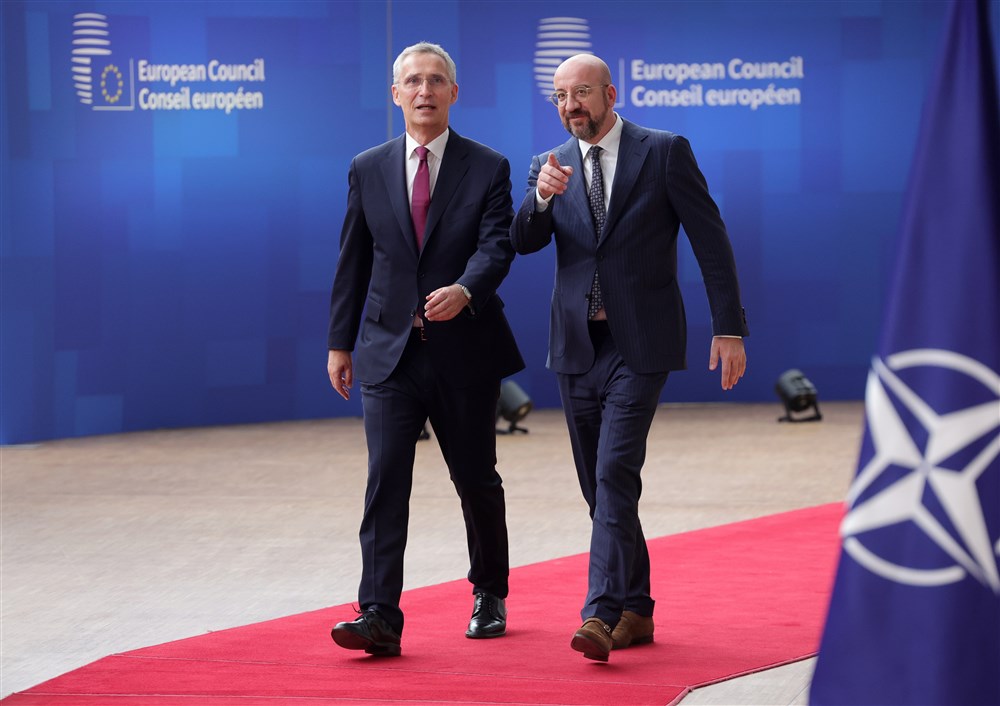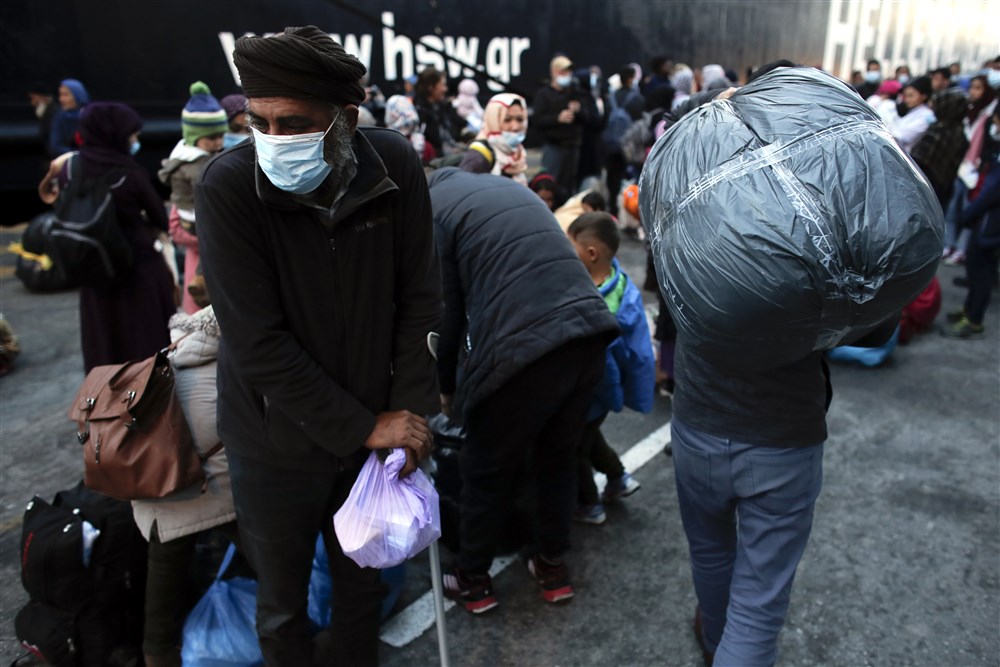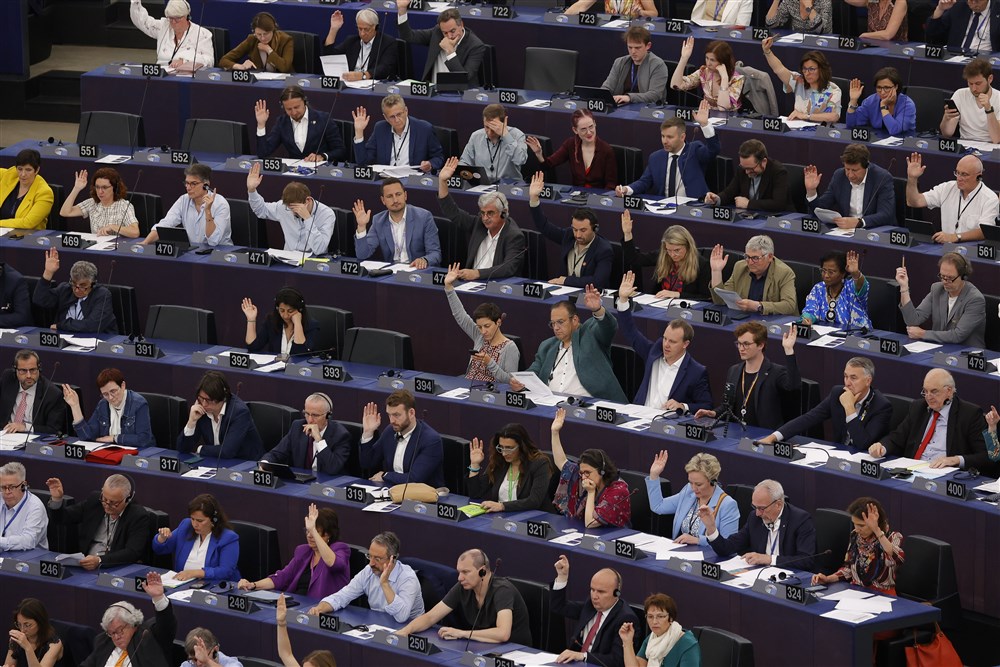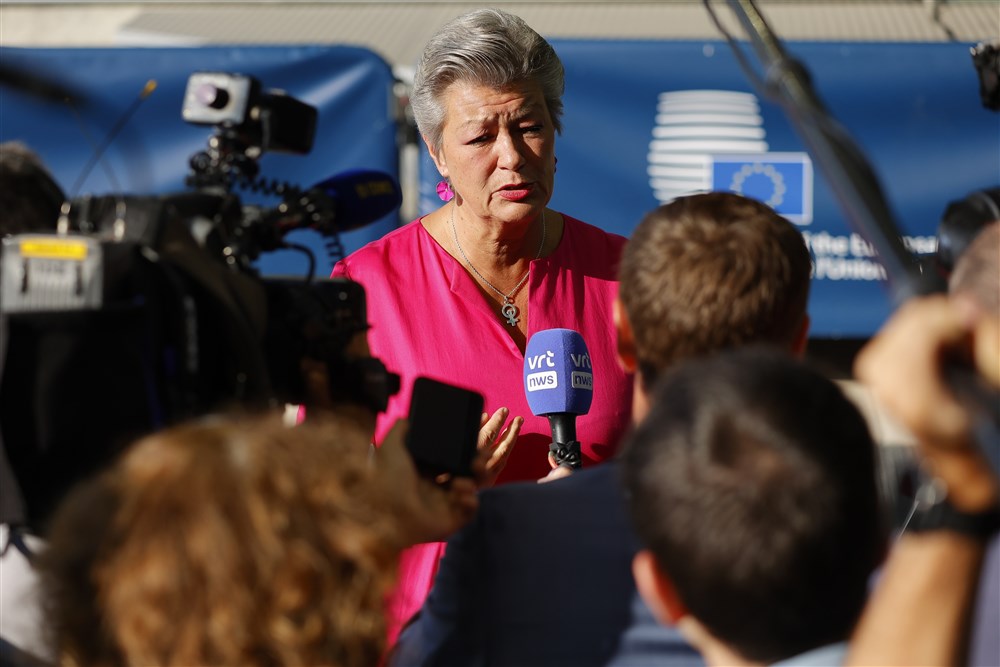European Union leaders find themselves returning to the European Council on June 30 after failing to reach a final agreement on the proposed and highly contentious EU Migration Pact.
At, literally, at the eleventh hour, amid Hungary’s apparent intransigence, the last-minute pleadings of many in the bloc failed. The heads of state present were essentially forced to call it quits and come back today.
Speaking to the press this morning, Cypriot President, Nikos Christodoulides, said: “It was a pity” that the Council was unable to reach a final agreement on the Pact. Pointing out that his country was on the frontline of many mass migration waves, he said a united EU approach was crucial.
“Let’s see what’s going to happen,” he said when asked what he felt the final outcome of the debate might be.
While the Council does not have take a binding vote on the Migration Pact yet, members still need to agree to a comprehensive statement that reflects the views of the EU as a whole.
While not an enforcement, such a statement could be seen as setting a precedent regarding the Member States’ vote, which many in the EU want before next year’s EU elections. It could also be used as a guideline in inter-institutional negotiations between the European Commission, the Council of Ministers and the European Parliament over the Pact, before being sent to the European Council for the final vote.
However, Poland’s Prime Minister, Mateusz Morawiecki, and his Hungary counterpart, Victor Orbán, regarded by some as the “troublesome twosome” for any EU consensus, came to the Council debate seeming intent to scuttle EU plans.
Their main bone of contention is the Migration Pact’s so-called ‘solidarity mechanism’. That would give EU nations the choice of either accepting relocated migrants, or paying a sum of €20,000 per migrant rejected, to go into a planned EU ‘solidarity fund’.
Sources close to the negotiations have told Brussels Signal the mechanism finds favour among northern EU nations, which see the sum as something of a bargain compared to the costs of hosting new migrants. However, Hungary and Poland are not so keen and regard the system as being tantamount to mandatory relocations by the back door.
Poland, especially, is outraged at some elements of the Pact, as the authorities there feel it totally overlooks the country’s role in hosting some three million Ukrainian refugees already.
Speaking at the Council meeting, Morawiecki demanded that the EU allocate more funds for his nation to help with the burden of Ukrainian migrants.
Orbán, meanwhile, released two social media posts yesterday, both poking fun at what he claimed was the EU’s “new spendthrift policies” over Ukraine’s war effort, and the rapidly dwindling funds relating to it in the bloc’s coffers.
Brussels, #EUCO. We want to know who is responsible for bringing the European Union to the brink of bankruptcy. Where is the money @EU_Commission ? pic.twitter.com/va7l1ipcNy
— Orbán Viktor (@PM_ViktorOrban) June 29, 2023
The two leaders called for the Council to acknowledge that any votes on migration needed full agreement, producing a paper that cited previous Council conclusions that committed Member States to unanimity when making decisions on migration issues.
Amid the Council deadlock yesterday, which came despite Italian Prime Minister, Georgia Meloni, trying to drive a compromise, at one in the morning the EU heads had to admit defeat and leave discussions to be continued today.
This morning, several leaders seemed more content to agree to disagree. Speaking on the sidelines of the reconvened meeting, the prime ministers of Ireland and Croatia said that it was “no big deal” if the Council did not reach conclusion on the Migration Pact at this summit.
With talks still to come today on issues including Europe’s economy, and relations with China and Latin America, the final outcome on several points remains very much up in the air.





